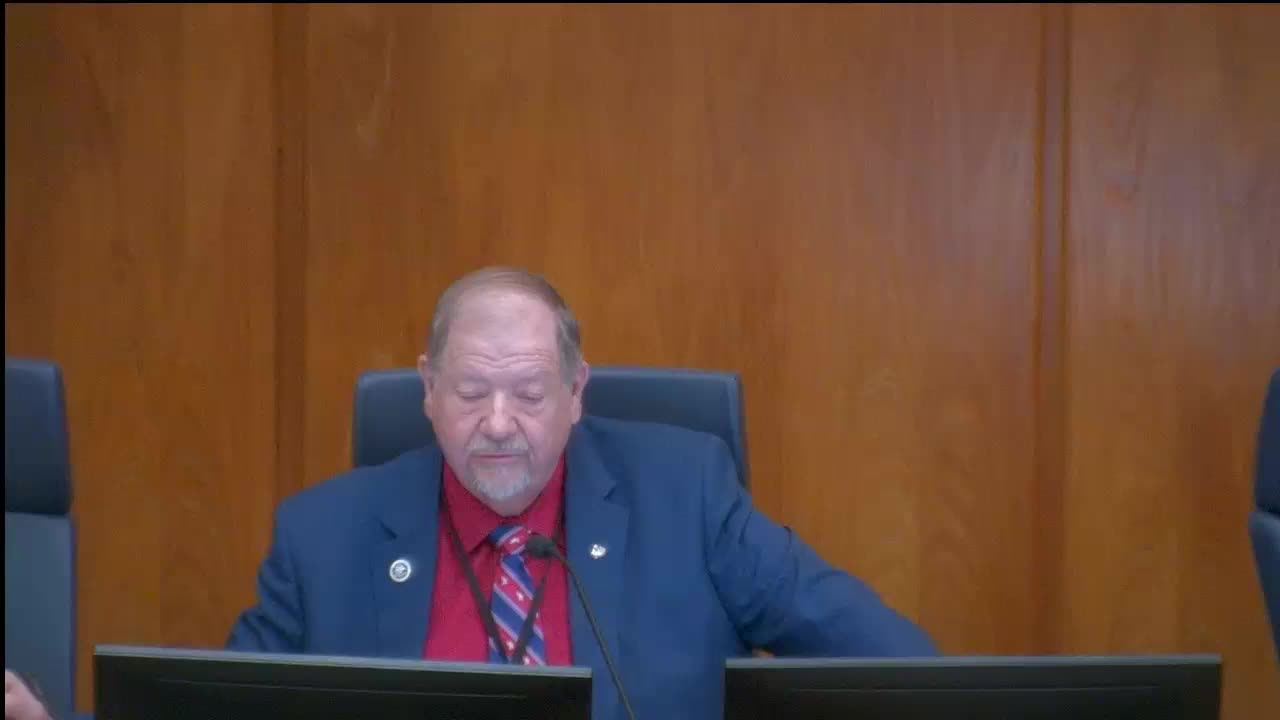North Dakota House rejects bill creating rebuttable presumption for shared parenting
Get AI-powered insights, summaries, and transcripts
Subscribe
Summary
After several hours of debate, the North Dakota House declined to adopt House Bill 12-42, which would have added a rebuttable presumption favoring shared residential responsibility and joint decision-making in custody disputes; the final roll call was recorded in the chamber.
Bismarck — The North Dakota House voted on final consideration of House Bill 12-42 on Feb. 14, a measure that would have added a rebuttable presumption in state law favoring shared residential responsibility, equal parenting time and shared decision-making in custody cases. The clerk recorded the vote and the bill was declared failed.
Proponents said the bill would provide a default starting point for courts and parents at the outset of separations. Representative Twight, the substitute carrier, said, “This is not a perfect bill,” but argued judges should be given an option to start custody decisions with a posture of shared parenting. Representative Frehlich, a chief floor proponent, defended the bill’s standard for deviation, saying “The child's well-being trumps the expectation of the presumption,” and stressing the bill retained judge discretion where evidence showed shared parenting would harm a child.
Opponents raised concerns that the measure would change the statutory focus from the child’s best interest to a parent-preference default and that the bill’s application clause might allow reopening of settled custody cases. Representative Hansen asked about the potential retroactive effect and whether the bill could increase filings in already-burdened family courts. Representative Lausser argued the existing statutory factors place the child first and said reopening prior decisions could be disruptive for families.
The Judiciary Committee had recommended a do-pass by an 11–3 vote. Sponsors and committee members told colleagues the bill included a rebuttable presumption and an explicit exception for domestic violence or abuse. Several speakers urged that the presumption is rebuttable by a judge who finds by a preponderance of the evidence that shared parenting would harm a child or is infeasible.
The House roll call was recorded on the chamber record as: “Record shows 47, 30 7,” and the clerk declared House Bill 12-42 failed.
Why it matters: Supporters framed the proposal as a change to reduce litigation-driven outcomes in custody fights and to encourage both parents’ involvement; critics warned it could compel reopening of cases and shift emphasis away from best-interest findings. The debate highlighted competing priorities about judicial discretion, court capacity and how statutes direct family-court decision-making.
Votes and next steps: The bill failed on final consideration on Feb. 14. No subsequent motion to reconsider appeared in the floor transcript provided.
